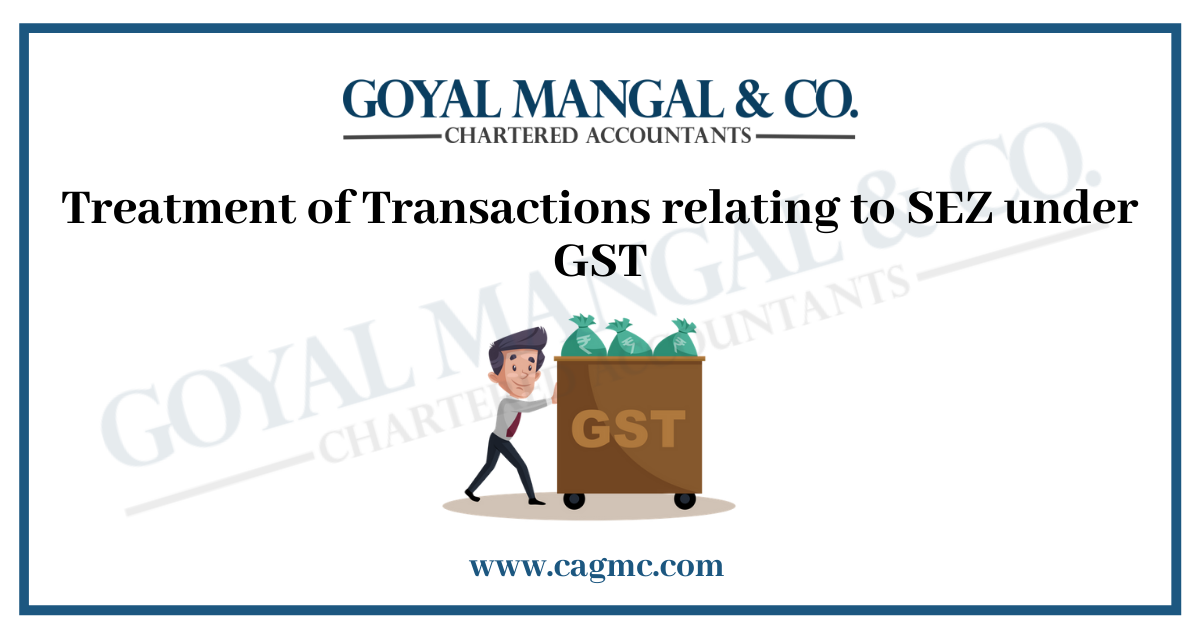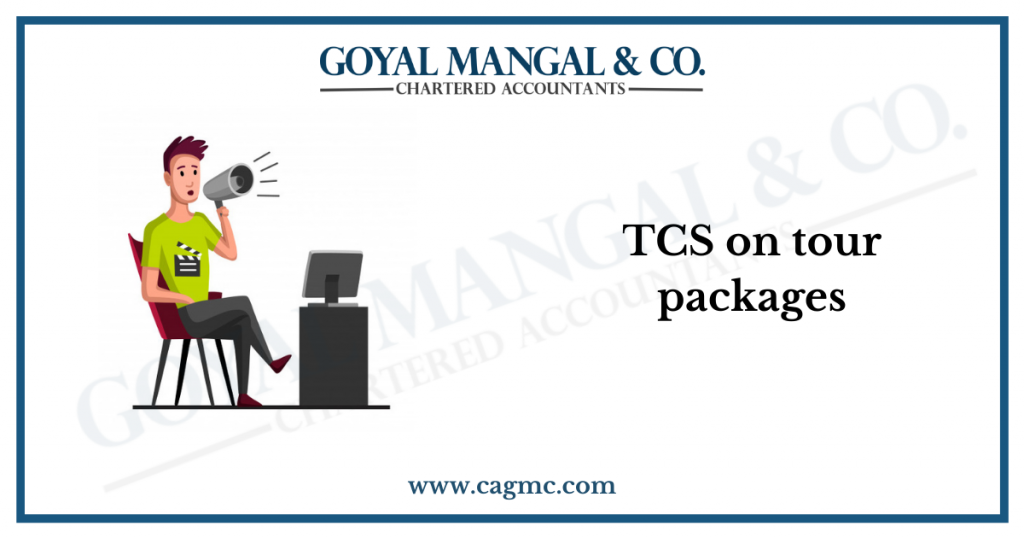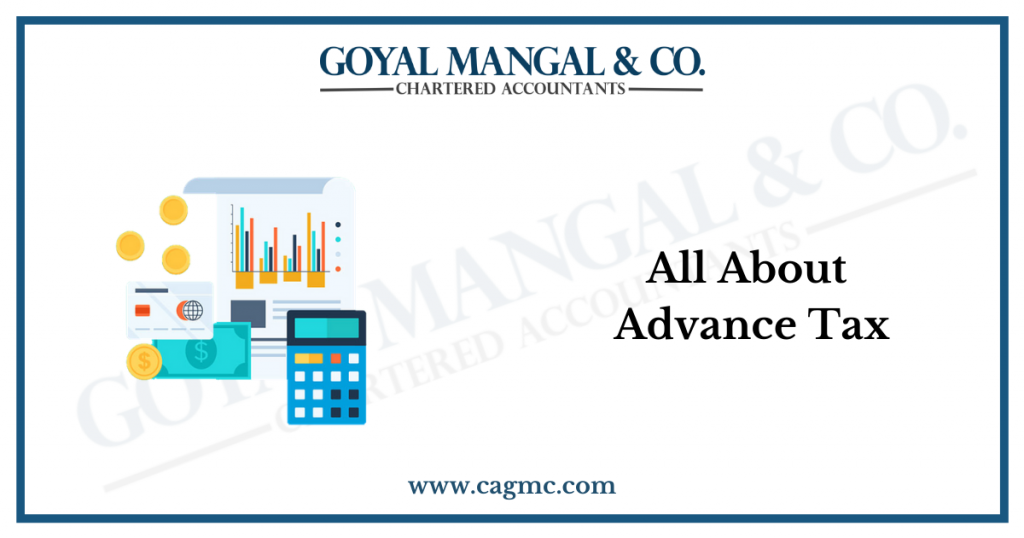
Do you want to start an export business? Setting up a business in a Special Economic Zone (SEZ) may be the best option for you. You can take advantage of the government’s policies. Further, can conduct your business in a much simpler way. Some of the SEZs in India are Noida, Kandla, Falta, Madras, etc. Starting an export business here can be very convenient for you. Further, there are 265 SEZs that are presently operational in India. In this article, we will discuss Treatment of Transactions relating to SEZ under GST.
| Table of Content |
What is an SEZ?
A Special Economic Zone (SEZ) is an area of the country where the business and trade laws are different from the rest of the country. Essentially, the area is subjected to different economic regulations than the rest of the country. It is established in order to bring Foreign Direct Investments into the country. Further, SEZs are created with the intention to bring fast economic growth by providing Tax incentives. Moreover, they also attract technological advancements. The SEZ Act, 2005 governs the regulations over the SEZs.
Definition of Export as per SEZ Act, 2005
As per Sec. 2(m) of SEZ Act, 2005 ‘Export’ means,
- Providing Goods or Services out of India physically or otherwise
- Supplying goods or providing services from the Domestic Tariff Area to a Unit or Developer
- Supplying goods or providing services from one Unit to another Unit or Developer
Objective, Need and Advantage of SEZs
The primary objectives of SEZs are as follows,
- Development of infrastructure facilities
- Generation of additional economic activities
- Generation of Employment Opportunities
- Promotion of export of Goods and Services
- Promotion of Investment from domestic and foreign sources
SEZs create an internationally competitive and hassle-free environment for exports. It promotes the exports from our county. Further, it levels the playing field for domestic producers to compete internationally. Moreover, they attract foreign investors to invest in the country.
Some of the advantages of SEZs are,
- No license is required for the imports made under SEZ units
- Exemption from custom duty
- Exemption from Central Sales Tax
- 15 year Corporate Tax holiday
- Availability of skilled manpower
- In-house customs clearance facilities
- Well-connected transport facilities
SEZ under GST Law
The supply of goods or services or both to a Special Economic Zone developer or unit from a domestic tariff area can be made at a Zero-Rate. Essentially, this means that the supplies are not taxed under GST Law. Conclusively, SEZ Units are exempt from GST. Further, they are also considered exports.
Let us discuss some of the details of SEZs under GST Law,
- RMC applicability: The Reverse Charge Mechanism is applicable to SEZ units or developers. You have to recognise this as a liability and discharge the same by cash payment.
- DTA Units: If you are supplying goods to Domestic Tariff Area (DTA) units, the transaction is treated as a zero-rated supply. Further, the recipient is eligible to claim a refund.
- E-Way Bill: Transporters should carry E-Way Bill while moving goods from one place to another in accordance with GST Law. If the value of the goods supplied to SEZ is more than Rs. 50,000 then it is considered an inter-state supply. Further, the registered person who is moving the goods is responsible for the generation of E-Way Bills.
GST Policy on Export, Supply and Provisional Refund (With Reference to SEZ)
To claim a refund you have to be registered under GST. Now let us discuss some of the other conditions that you have to satisfy to claim a GST return,
- Export: You have to ensure that the filings are done diligently. Further, you also have to ensure that the date of shipping or export dates is noted. Moreover, you may also present an export report. You have to furnish a valid return in Form GSTR-3 or Form GSTR-3B. In case you are a service exporter you have to provide a statement containing the number and date of invoices. Further, you also have to provide relevant Bank Realisation Certificates or Foreign Inward Remittance Certificates.
- Supply: In order to claim a refund on supply to SEZ, you have to furnish certain documents. You have to submit a proof of receipt of goods or services as demonstrated by the specified officer of SEZ. Further, you also have to provide a statement containing the number and date of invoices. It should also contain the evidence regarding the endorsement of the SEZ Officer and the details of the payment. Finally, you also have to provide a declaration to the effect that the SEZ Unit or SEZ developer has not availed the input tax credit of the tax paid by you.
- Provisional: If you are making a zero-rated supply then you are eligible for a provisional refund of 90% of the claim. Further, you will be granted the refund within 7 days of the acknowledgement of the claim as per the CGST Rules, 2017. You have to fill out the Form GST RFD 04 and make an advanced payment. The amount will be electronically credited to the bank account you mentioned in the GST Portal.
Conclusion
If you want to start an export business then it is best for you to start it in an SEZ. To start the business you will need an import-export code. Further, there are many tax advantages that will be available to you. Moreover, with the availability of abundant transport and many more services, the market is very competitive. It can give you a prime opportunity to establish yourself in the market.


